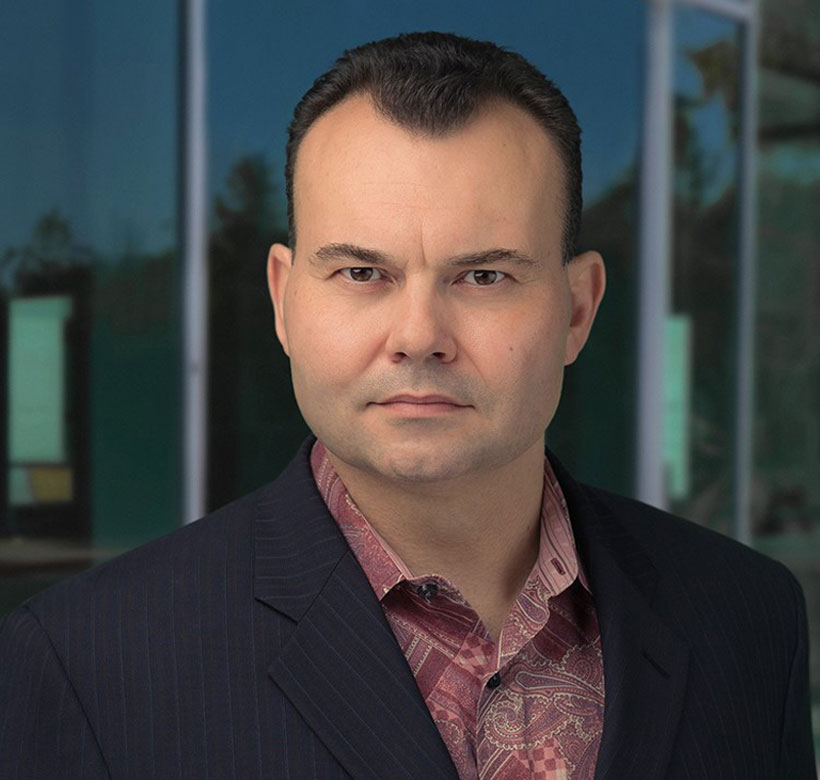Our Leadership.
We have assembled an experienced team of drug developers and biotechnology leaders to advance and grow Pimera.
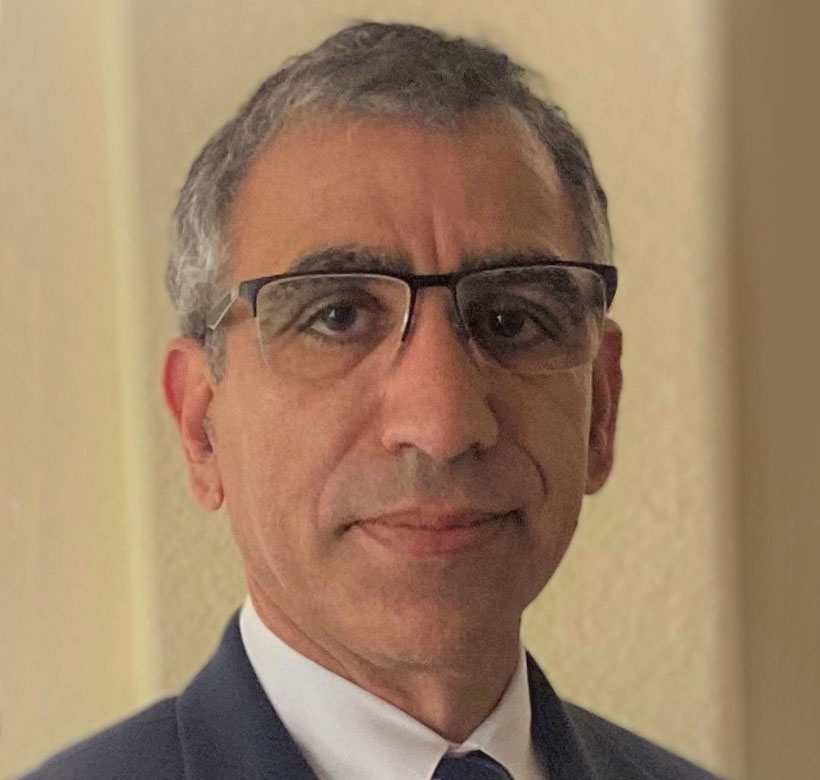
Dr. Haddach is a founder of Pimera and has over two decades of experience in drug discovery and development. Since 2013, he has been the President and Chief Executive Officer and a member of Pimera’s Board of Directors. Previously, at Cylene Pharmaceuticals Dr. Haddach directed oncology programs resulting into two clinical compounds. As a member of the management team, Dr. Haddach oversaw all aspects of the Cylene IP portfolio. Before Cylene, Dr. Haddach was the Vice President of Chemistry at Parallax Biosystems, a company he co-founded to develop novel molecular detection platforms with preclinical drug discovery and diagnostic applications. Prior to Parallax, Dr. Haddach held senior R&D positions at Neurocrine Biosciences developing therapies for CNS related diseases, such as anxiety, depression, and neurodegenerative disorders. His work at Neurocrine led to a clinical candidate and collaboration with GSK. Dr. Haddach received his Ph.D. in Chemistry from the University of Nice-Sophia Antipolis, Nice, France and is an inventor on over 100 patent and patent applications.
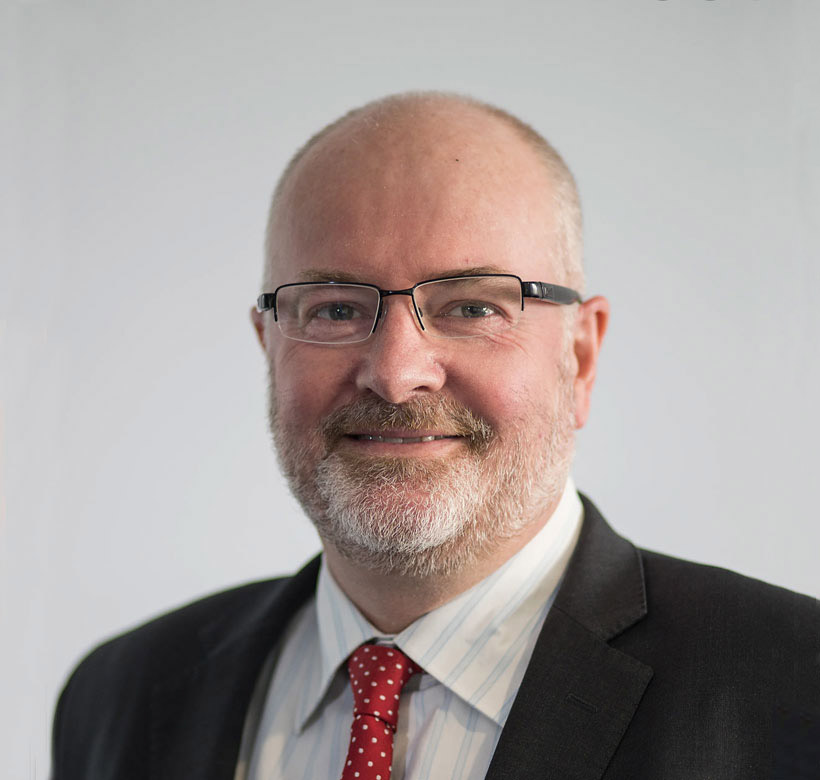
Dr. Hannan serves as our SAB chair since 2013. Pr. Hannan is an internationally recognized scientist, whose work on ribosome biogenesis has led to new treatment paradigms in cancer, centered on drugs that activate nucleolar stress. He received his PhD from the University of Tasmania in 1994, before undertaking postdoctoral research in the USA. Since returning to Australia in 2000, he has held prominent positions at the Baker Medical Research Institute and the Peter MacCallum Cancer Centre in Melbourne. Recently Ross brought together multi-disciplinary teams of laboratory and clinician researchers, and forged industry collaborations to devise ‘first in class’ RNA polymerase I inhibitors, that are now in clinical trial for a range of hematologic cancers. Hannan’s far-reaching contributions were recognized in his recent appointment as inaugural Centenary Chair in Cancer Research and Head of the ACRF Department of Cancer Biology and Therapeutics at John Curtin School of Medical Research, ANU.
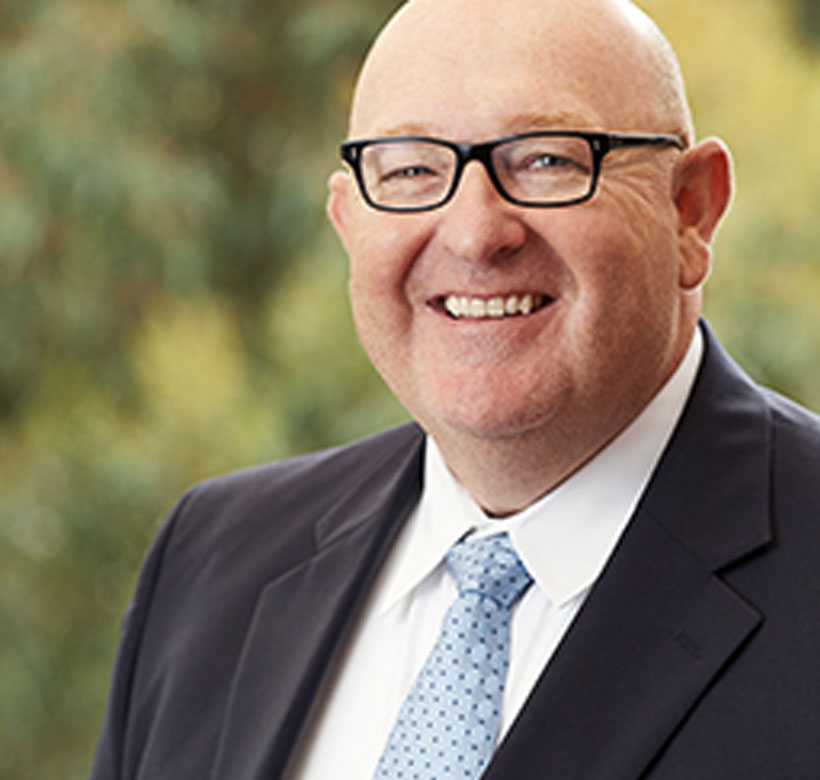
Brian T. Dorsey is currently a Partner of MagnaSci Ventures and serves as our CDO. Mr. Dorsey has served in the pharmaceutical and biotechnology industries for over 20 years where he has provided high-level drug development, regulatory and QC/QA leadership of product candidates from early development through FDA approval. Mr. Dorsey has held various senior management product development roles, at Apricus Biosciences, Pernix Therapeutics, Somaxon Pharmaceuticals, Baxter Bioscience and Pfizer Global Research and Development. Mr. Dorsey is a Founder of Kalyra Pharmaceuticals and Septum Solutions. Mr. Dorsey also serves on the board for Neurana Pharmaceuticals, Forward Sciences, Cell Machines and Forge Therapeutics. Mr. Dorsey holds a M.S. in Executive Leadership and B.A. in Chemistry at the University of San Diego.
Board of Directors
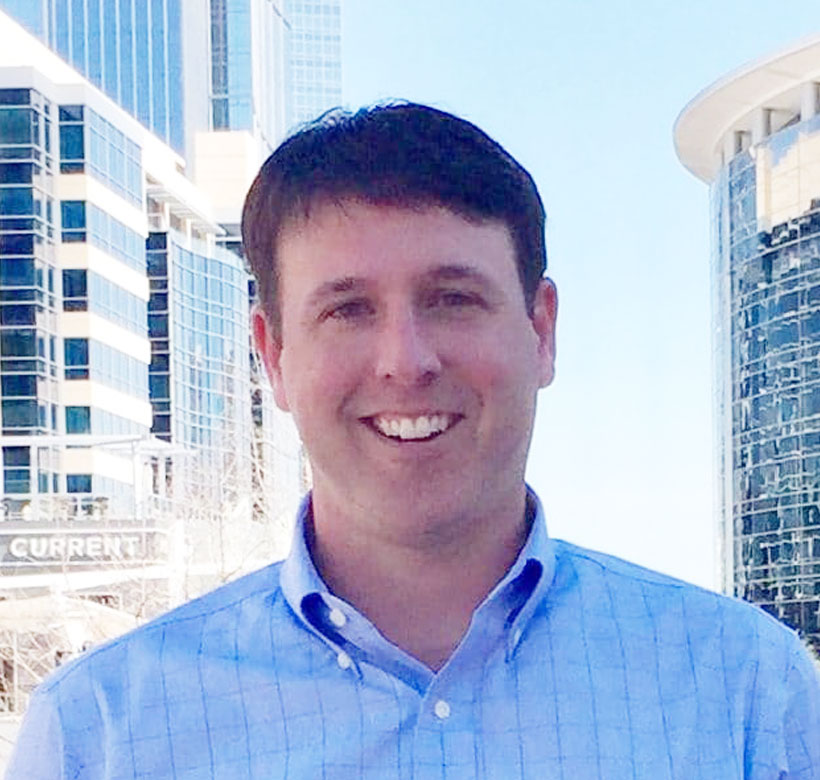
Cooper C. Collins, MBA, serves as the Managing Partner and CIO of MagnaSci Venture funds and as an advisor to many Pharmaceutical and Biotechnology companies. He is a founder of Pernix Therapeutics Holdings, Inc, (PTX: NASDAQ). Mr. Collins was a member of the Pernix Board of Directors from 2007 to 2014. Mr. Collins served as President and CEO of Pernix from 2008 until May of 2013. While serving as CEO, Mr. Collins guided the Company to over an 800% increase in sales. Mr. Collins also serves as a Board Member and as Chairman of the Compensation Committee for Therapeutics MD, Inc, (TXMD: NYSE MKT). While serving on the board of TXMD Mr. Collins has helped the Company grow its Market Capitalization by 80 times to over $1,600,000,000. Mr. Collins also serves on boards of other privately owned companies.
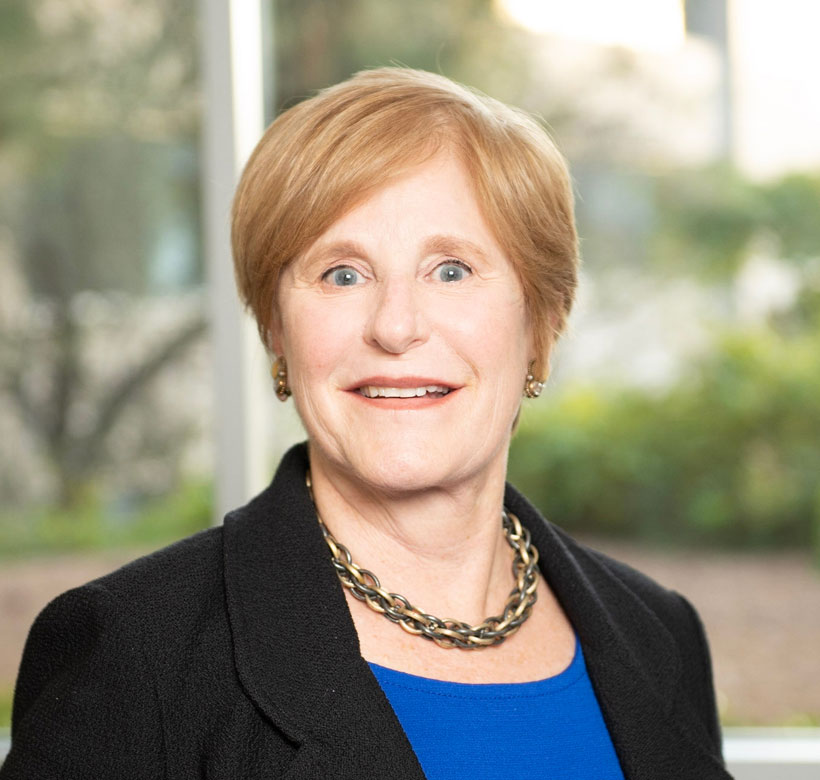
Susan has over 40 years of experience in the life science industry, 30 of which have been with start-up companies. Beginning in 2014, she co-founded four biotechnology companies including Curzion Pharmaceuticals, which was sold to Horizon Therapeutics, Reneo Pharmaceuticals and Mirum Pharmaceuticals, which are publicly traded companies and Sorriso Pharmaceuticals. During that time, she also served in the position of vice president, corporate development of Amplyx Pharmaceuticals, which was sold to Pfizer.
Susan has held senior positions at a number of additional companies including vice president, corporate development of Lumena Pharmaceuticals, which was sold to Shire, co-founder and senior vice president, corporate development at Somaxon Pharmaceuticals, senior vice president of corporate development at Women First HealthCare, senior vice president, strategy and corporate development at Imagyn Medical Technologies, vice president of marketing and corporate development at Imagyn Medical, chief operating officer of Adeza Biomedical and vice president, ventures at the Brigham and Women’s Hospital.
Susan has an M.B.A. from Harvard University. She currently serves on the Board of Directors of Pimera and the La Jolla Playhouse.
Dr. Drygin currently serves as Chief Scientific Officer at Regulus Therapeutics. Prior to joining Regulus, Dr. Drygin served as Vice President of Research & Development for Pimera Inc., a privately held biopharmaceutical company of which Dr. Drygin is a Founder. Before Pimera, Dr. Drygin was with Cylene Pharmaceuticals, most recently serving as Vice President of Biology. With nearly 20 years of experience, Dr. Drygin led discovery and/or development of multiple therapeutics including first selective inhibitor of CK2 kinase Silmitasertib (CX-4945), first selective inhibitor of RNA Polymerase I transcription (Pol I) CX-5461, as well as second generation Pol I inhibitor PMR-116. Dr. Drygin has authored more than 80 book chapters, reviews, manuscripts, abstracts, and patent applications. He received his BS/MS in Chemistry from Moscow State University, MS/PhD in Molecular and Cellular Biology from University of Massachusetts at Amherst and Post-Doctoral training in Pharmacology and Toxicology from Ionis Pharmaceuticals.
Scientific Advisory Board

Dr. Hannan serves as our SAB chair since 2013. Pr. Hannan is an internationally recognized scientist, whose work on ribosome biogenesis has led to new treatment paradigms in cancer, centered on drugs that activate nucleolar stress. He received his PhD from the University of Tasmania in 1994, before undertaking postdoctoral research in the USA. Since returning to Australia in 2000, he has held prominent positions at the Baker Medical Research Institute and the Peter MacCallum Cancer Centre in Melbourne. Recently Ross brought together multi-disciplinary teams of laboratory and clinician researchers, and forged industry collaborations to devise ‘first in class’ RNA polymerase I inhibitors, that are now in clinical trial for a range of hematologic cancers. Hannan’s far-reaching contributions were recognized in his recent appointment as inaugural Centenary Chair in Cancer Research and Head of the ACRF Department of Cancer Biology and Therapeutics at John Curtin School of Medical Research, ANU.
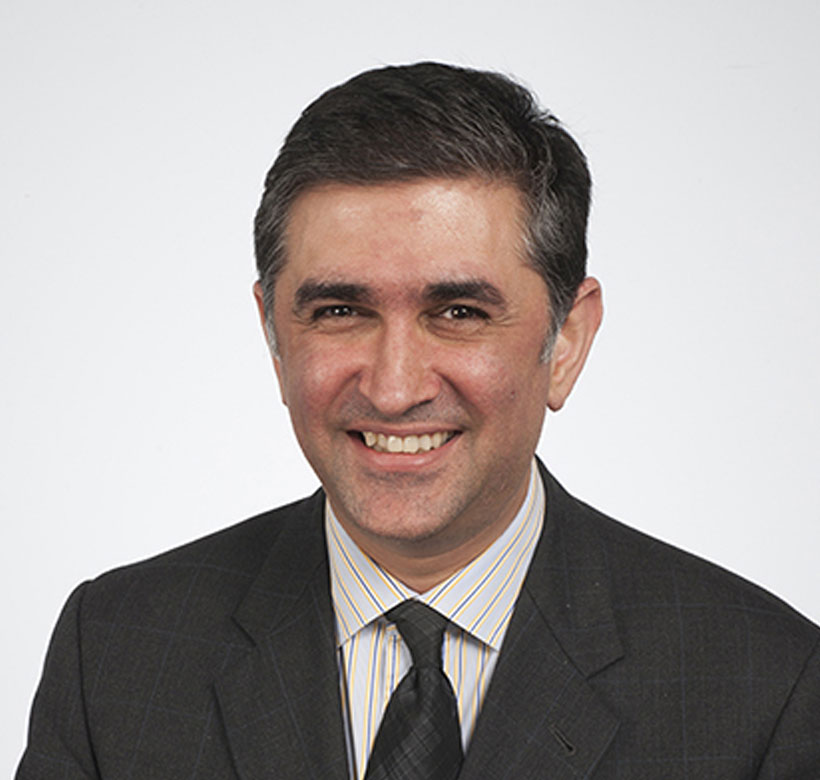
Dr. Jayesh Desai is a Clinician Researcher and Medical Oncologist at the Peter MacCallum Cancer Centre (PeterMac) with extensive experience in translational research applied to drug development/ trials/precision-oncology, with a predominant focus on sarcomas, colorectal cancer and rare cancers. Jayesh is Associate Director for Clinical Research at PeterMac, Head of Early Drug Development and heads their formal Pharma Alliances and Partnerships Program. He has played a lead role in the dramatic growth and evolution in the Australian Phase I landscape, through chairing the Cancer Trials Australia Phase I Group for 10 years, the pre-eminent group in this region; collaborating closely with Biotechs (Australian, and from the US/China/Europe) and big Pharma; and directly as a Principal Investigator on 40 clinical trials over the last 5 years, including 30 Phase I and 1st in human trials. Over his career he has helped lead/translate the development of 6 cancer agents from Phase I to successful registration, as well as multiple other practice-changing trials. He has authored approximately 140 publications in journals including the New England Journal of Medicine, Nature, Lancet and the Journal of Clinical Oncology. He has obtaining approximately $45M in peer-reviewed and direct research funding from industry to drive his research. He has served in a number of key national/international committees including ASCO and ESMO in Sarcoma and Drug Development and serves on a number of journal editorial boards including the Journal of Clinical Oncology.
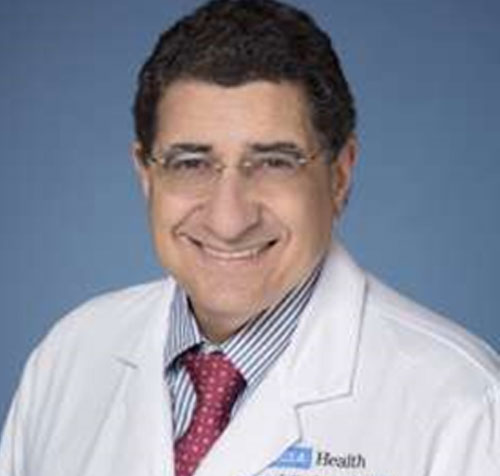
Dr. Solomon Hamburg is a general hematologist and medical oncologist who practices in Beverly Hills and Encino. He is a Clinical Professor of Medicine at UCLA, Department of Medicine and Division of Hematology Oncology. He has been treating cancer patients for more than 40 years, and sees himself as a physician advisor, supporting each patient throughout their serious illness.
Dr. Hamburg cares for patients with all types of cancer, but has particular interest in gastrointestinal malignancies, including liver cancer; blood cancers called myeloproliferative neoplasms; and coagulation disorders. He has expertise in stem cell transplant, and is board certified in internal medicine, hematology and medical oncology.
Dr. Hamburg received his medical degree and Ph.D. from New York University in 1981. He then completed his internal medicine internship and residency at The New York Hospital / Cornell Medical Center in 1984, and his hematology/oncology fellowship at UCLA in 1987, where he was a bone marrow transplantation fellow.
Prior to joining UCLA Health in 2017, Dr. Hamburg was a partner at Tower Hematology Oncology Medical Group, a Cedars-Sinai affiliated practice. For more than 30 years he has maintained a teaching position at the David Geffen School of Medicine at UCLA, and is currently a Clinical Professor of Medicine.
In addition to these clinical roles, Dr. Hamburg also conducts research on myeloproliferative disorders—conditions that occur when the bone marrow makes too many red or white blood cells, or platelets—and myelofibrosis, which is a scarring of the bone marrow.
He is president of the Tower Cancer Research Foundation, a fundraising organization that supports basic science cancer research. To date, the organization has donated more than $25 million to research conducted at UCLA, City of Hope, University of California, San Diego and other southern California institutions.

